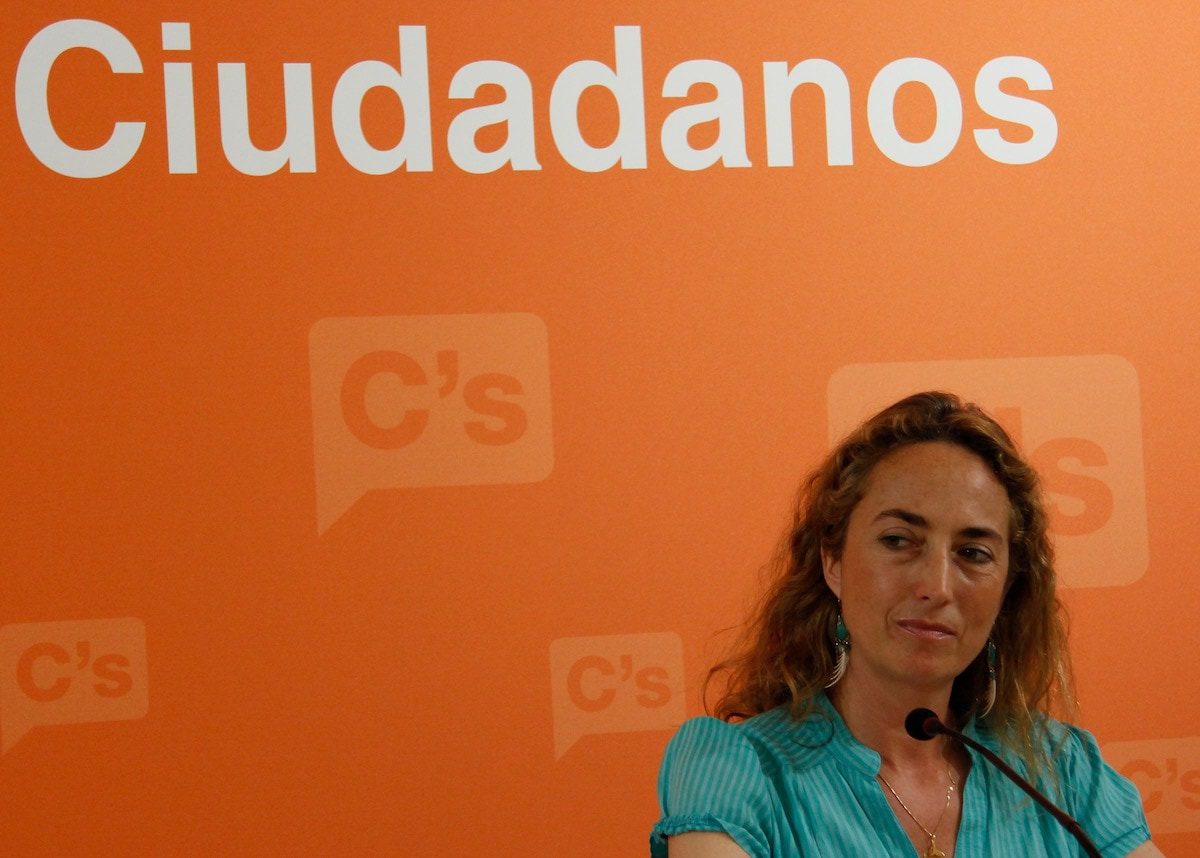
For many months now, both Hungary and Poland have been in the sights of European politics. These two Eastern European countries are being attacked from all sides and accused of all kinds of transgressions, to the point where some are wondering whether these two countries should remain in the European Union, as Emmanuel Macron mentioned in his speech to parliamentarians on January 19th. This is not just a matter of circumstantial facts, but a conscious strategy, as disclosed in revelations in the Spanish newspaper Periodista Digital, which has just published public and private conversations of a former Spanish Member of European Parliament, Carolina Punset.
Carolina Punset is a member of the Spanish party Ciudadonos and belongs to the liberal movement, Renew Europe, in the European Parliament group (former ALDE, Alliance of Liberals and Democrats for Europe). President Emmanuel Macron’s French party, La République En Marche, belongs to Renew Europe, as does the Hungarian liberal party opposing Orban, Momentum.
The spotlighted conversations reveal that the repeated attacks on Hungary and Poland are subject to a political consensus that makes them particularly easy targets. This becomes evident in respect to topics where criticism is considered taboo: everything that has to do with the Muslim presence in Europe. The Islamic terrorist attacks seriously threaten freedom of expression in Europe, Carolina Punset reports, but it is impossible to denounce Islamism because of the pressure of political correctness: “From a political point of view, it is very difficult to face up to it because we have many Muslims in Europe and there is a problem of politically correct.”
Impossible, also, to denounce the migratory pressure and the ‘Great Replacement,’ yet easy to observe in Brussels, the capital of the European institutions, where veiled women are omnipresent:
When you live in Brussels, you live in a city taken over by Islamists. A lot of veiled women, and so on. You would have a problem in Brussels if you face this issue in a direct way.
The exchanges in which Carolina Punset participated reveal that the Renew Europe group practices, at every moment, double standards for ideological connivance. Child protection is criticized when it meets Hungarian standards—like restrictions on the promotions of LGBT ideology implemented by the Orban government, for example. In contrast, child protection is no longer on the agenda when it comes to protecting young girls (potentially 12-21% of French girls) subjected to genital mutilation at the request of fundamentalist Muslims. The same goes for the defense of LGBT rights: Brussels can fearlessly denounce Hungary’s ‘homophobia,’ but remain silent on the ever-increasing aggressions against LGBT people in France—mainly from the immigrant population of Muslim origin. Following Renew Europe’s orientation, the whole Brussels political class adopts the same language codes.
Carolina Punset’s comments are all the more interesting as she is a left-wing politician, and therefore can hardly be suspected of ideological connivance with Hungarians or Poles. These revelations bring to light an ideological manipulation that was already obvious to many European citizens, but which appears today for what it is: cynical and perfectly assumed.
